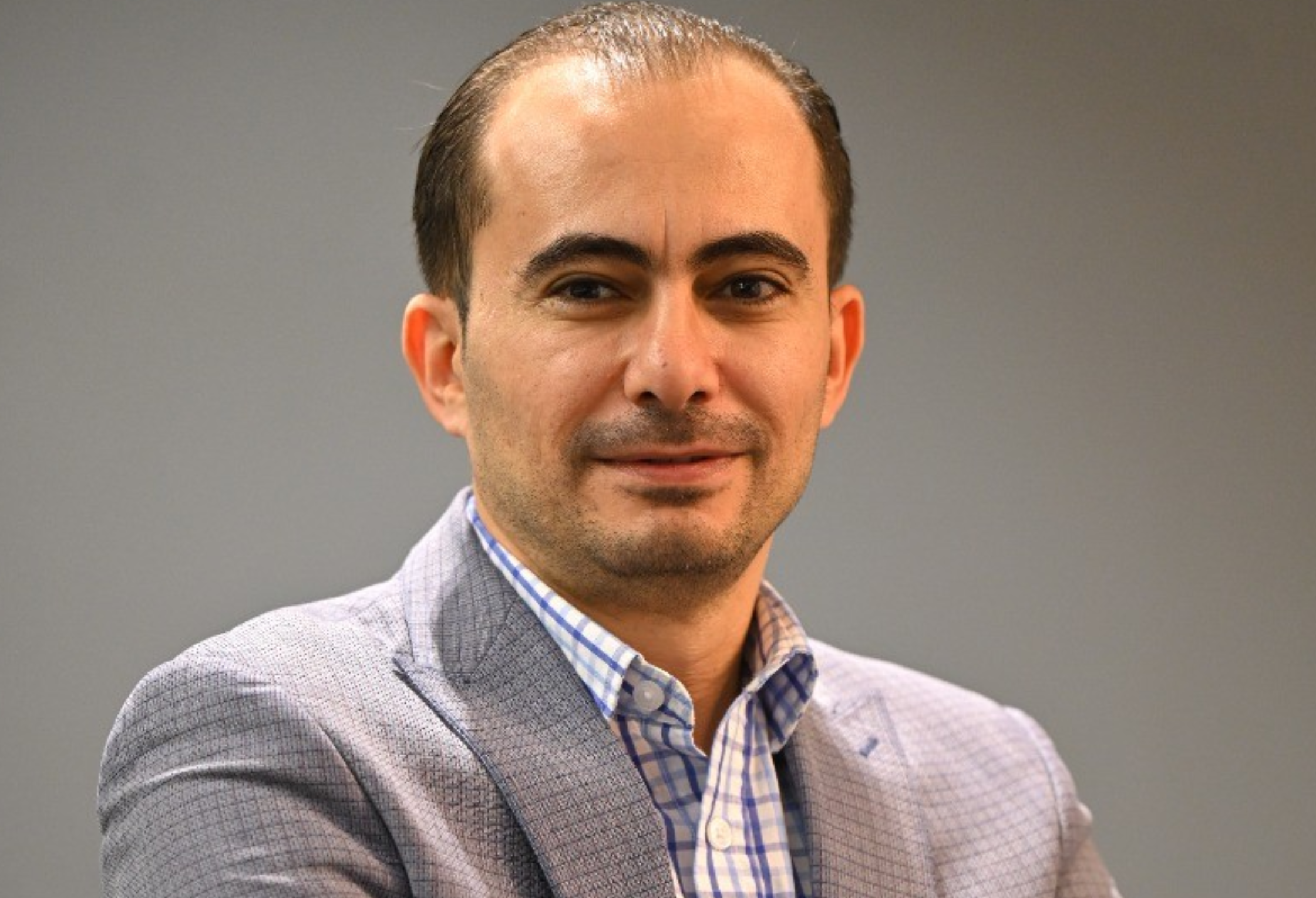 Mohammed Al Hasan
Mohammed Al Hasan
The First 15 Minutes: Winning the Crisis Communications Game
Public relations in complicated industries is not for those chasing quick wins or viral fame. It’s a long game—rooted in trust, steeped in knowledge, and sharpened by strategic discipline. In these high-stakes sectors, crises aren’t rare disruptions; they are structural realities. A seasoned journalist once told me, “Credibility is everything.” That sentence stuck with me—and it still defines the stakes of our work.
There’s a world of difference between managing the buzz for a lifestyle brand and navigating the public narrative of a pharmaceutical company, an energy consortium, or a blockchain startup walking a regulatory tightrope. In these arenas, PR isn’t about personality—it’s about precision. It demands curiosity, rigor, and an unrelenting commitment to getting it right.
Because in complex industries, reputations are fragile. One poorly worded statement can shake markets, trigger regulatory scrutiny, or damage public trust beyond repair. That’s why in this world, trust—not visibility—is the most valuable currency.
The Hidden Arena: Credibility is Hard-Earned
Unlike consumer-facing campaigns that prioritize virality and aesthetics, PR professionals working in sectors like healthcare, finance, defense, and energy operate in an opaquer world. Here, facts carry more weight than flair, and credibility is hard-earned and easily lost.
Working in a complicated industry means you're often the only non-expert in the room. You have to be humble enough to listen, sharp enough to understand, and creative enough to translate.
When you operate in a sector governed by regulators, rife with scientific nuance, or facing existential scrutiny, communications aren't just about buzz—they're about survival. A misplaced phrase or poorly timed release doesn’t just impact public perception—it can shake investor confidence, trigger regulatory inquiries, or invite activist backlash.
In Crisis, PR Becomes the Frontline
A strong, truthful, and authentic story will connect with the public, but it’s a long and painful road to correct myths, distortions, and outright fabrications.
A cautionary tale in crisis communication is the case of Tony Hayward, former CEO of BP, during the 2010 Deepwater Horizon oil spill. As millions of barrels of oil poured into the Gulf of Mexico, Hayward became the public face of the disaster—but his response was widely seen as tone-deaf and poorly managed. His infamous remark, “I’d like my life back,” delivered while communities and ecosystems were reeling, exemplified a lack of empathy that fueled public outrage. Combined with BP’s early attempts to downplay the severity of the spill and a failure to take immediate visible responsibility, the company lost control of the narrative. The fallout was severe: Hayward was ousted within months, and BP's brand suffered long-lasting damage. The episode underscores a brutal truth in high-stakes industries: how a CEO communicates under pressure can either preserve credibility or permanently erode it.
In highly regulated industries, every public statement can become a legal record. That’s why seasoned PR professionals in these fields learn to operate with surgical precision.
Here, not all journalists are created equal—especially in technical beats. In complex sectors, niche media outlets, trade publications, and specialist reporters often hold more sway than mainstream press.
Perhaps nowhere is PR more vital—or more tested—than in moments of crisis. For companies working in complex industries, crises are not a question of if, but when.
Consider a data breach at a fintech startup or a pipeline leak at an energy firm, such as what happened with BP. In these moments, silence is a risk, over-disclosure is a liability, and spin is fatal. You have 15 minutes to take control of the story—or someone else will.
Navigating the Media Landscape
A 400-word placement in Modern Healthcare or Aviation Week can be more influential than a glowing profile in Forbes. Because it’s where your buyers, partners, and regulators are reading.
The key is relationship building. Know who covers your beat, understand what matters to them, and avoid the sin of fluff.
Therefore, reporters in our space are skeptical, educated, and exacting. We don’t get to rely on puff pieces. We rely on accuracy, timeliness, and access.
To build that kind of trust, PR pros must invest time in cultivating deep relationships not just with journalists, but with internal stakeholders, regulators, and advocacy groups.
This dual role — part storyteller, part internal coach — is another hallmark of the PR function in complex spaces.
If there's one theme that emerges across the board, it’s that PR in complicated industries is not for those seeking quick wins or viral fame. It’s a long game — built on trust, knowledge, nuance, and strategic discipline.
Ultimately, in complex industries—where the stakes are high, the scrutiny is relentless, and the truth is rarely simple—owning your narrative isn’t just strategic, it’s existential. It’s how companies define their values, articulate their purpose, and navigate crises with integrity. It’s how leaders earn the benefit of the doubt when everything else is uncertain.
The most effective PR professionals today are not just storytellers—they are crisis managers and trust-builders. They operate with legal fluency, media instinct, and emotional intelligence. They can pivot from the technical to the human, from data dashboards to primetime interviews, without losing the thread. And above all, they understand this simple truth: in complicated industries, PR isn’t about making noise—it’s about building trust.
Mohammed Al Hassan – Senior Media Advisor
Mohamad_as6@hotmail.com








